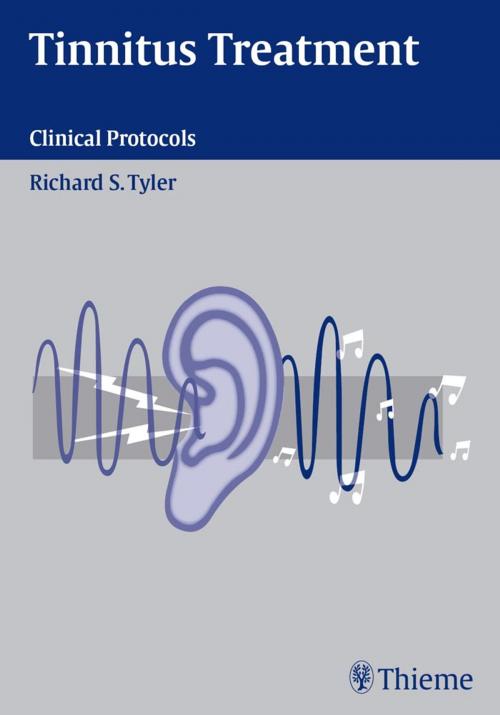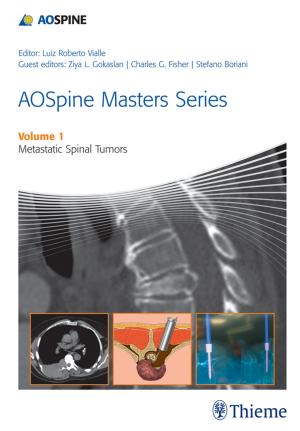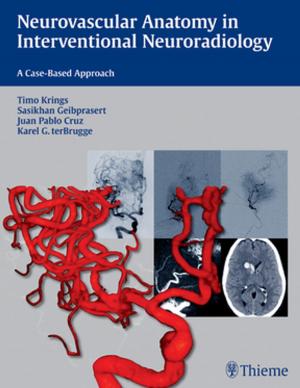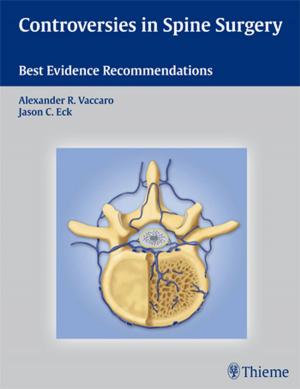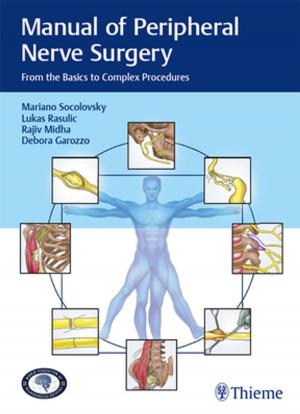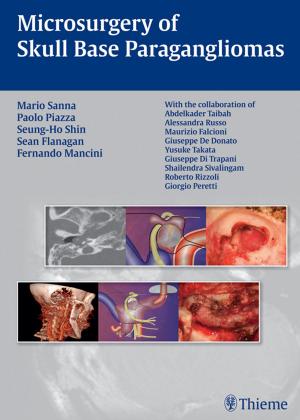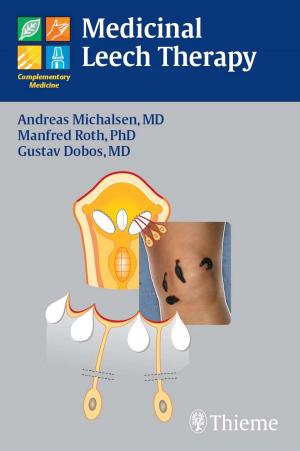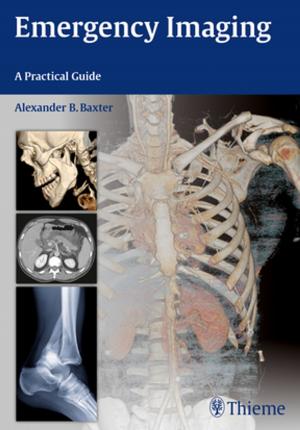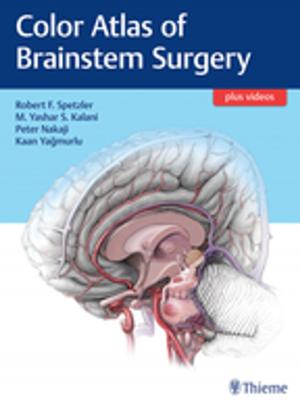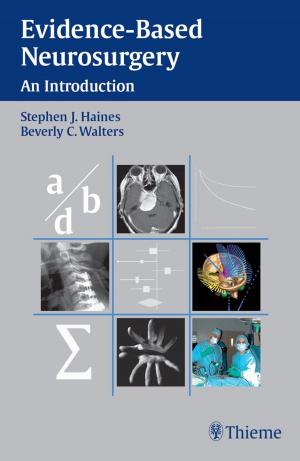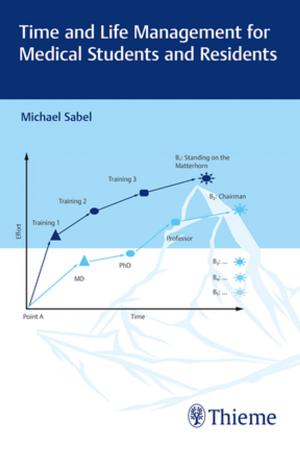Tinnitus Treatment
Clinical Protocols
Nonfiction, Health & Well Being, Medical, Specialties, Internal Medicine, Audiology & Speech Pathology| Author: | ISBN: | 9781604065336 | |
| Publisher: | Thieme | Publication: | January 1, 2011 |
| Imprint: | Thieme | Language: | English |
| Author: | |
| ISBN: | 9781604065336 |
| Publisher: | Thieme |
| Publication: | January 1, 2011 |
| Imprint: | Thieme |
| Language: | English |
Most clinicians have little experience with tinnitus treatments, and are unsure of how to help a patient suffering from the condition. Filling a significant gap in literature, this book offers a variety of in-depth protocols to treat tinnitus. Beginning with a review of several neurophysiological and psychological models of tinnitus, the book goes on to cover evaluation tools; counseling options and methods; treatment with hearing aids, wearable and non-wearable noise generators, and music; tinnitus-related insomnia; quality-of-life issues; and much more. Highly experienced clinicians give you the practical strategies to apply such therapeutic modalities as cognitive-behavioral therapy, individual and group sessions, sound therapy, habituation therapy, and narrative therapy. You will also find sample handouts to allow for effective communication with patients.With key clinical information for implementing all current therapies, this text is an essential professional tool for audiologists, psychologists, and other practitioners involved in managing otologic disorders.Richard Tyler, PhD, is a professor in the Department of Otolaryngology-Head & Neck Surgery and in the Department of Speech Pathology and Audiology at the University of Iowa. Tyler and Sergei Kochkin, PhD recently sat down to talk about the results of a survey they conducted about tinnitus treatment and the effectiveness of hearing aids, which was published in the December 2008 edition of The Hearing Review. Click here to learn more and to watch a podcast that examines the survey results: http://www.hearingreview.com/podcast/files/ST20081218.asp.
Most clinicians have little experience with tinnitus treatments, and are unsure of how to help a patient suffering from the condition. Filling a significant gap in literature, this book offers a variety of in-depth protocols to treat tinnitus. Beginning with a review of several neurophysiological and psychological models of tinnitus, the book goes on to cover evaluation tools; counseling options and methods; treatment with hearing aids, wearable and non-wearable noise generators, and music; tinnitus-related insomnia; quality-of-life issues; and much more. Highly experienced clinicians give you the practical strategies to apply such therapeutic modalities as cognitive-behavioral therapy, individual and group sessions, sound therapy, habituation therapy, and narrative therapy. You will also find sample handouts to allow for effective communication with patients.With key clinical information for implementing all current therapies, this text is an essential professional tool for audiologists, psychologists, and other practitioners involved in managing otologic disorders.Richard Tyler, PhD, is a professor in the Department of Otolaryngology-Head & Neck Surgery and in the Department of Speech Pathology and Audiology at the University of Iowa. Tyler and Sergei Kochkin, PhD recently sat down to talk about the results of a survey they conducted about tinnitus treatment and the effectiveness of hearing aids, which was published in the December 2008 edition of The Hearing Review. Click here to learn more and to watch a podcast that examines the survey results: http://www.hearingreview.com/podcast/files/ST20081218.asp.
